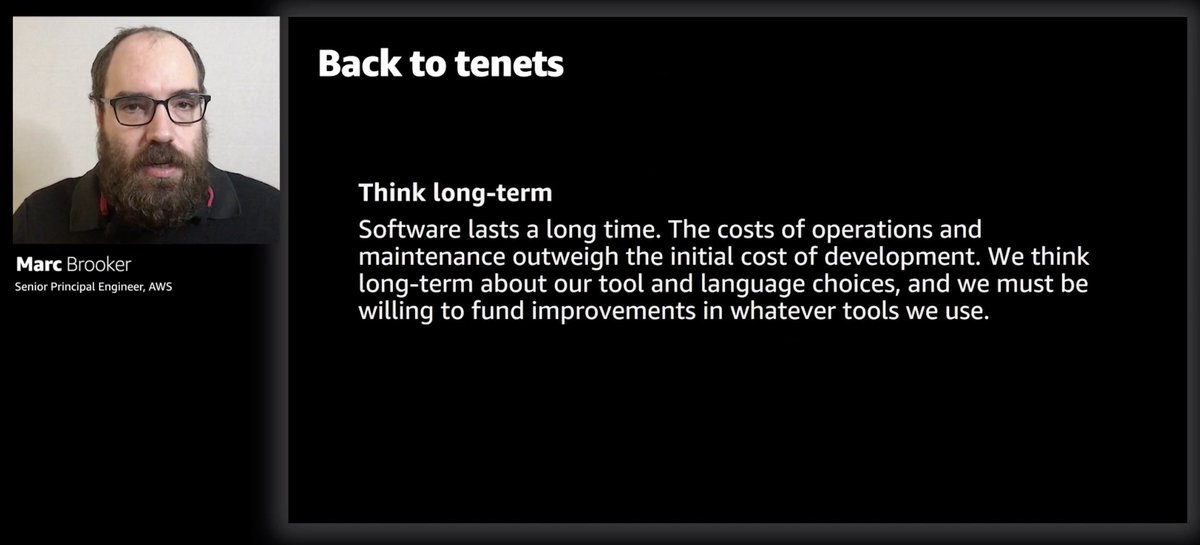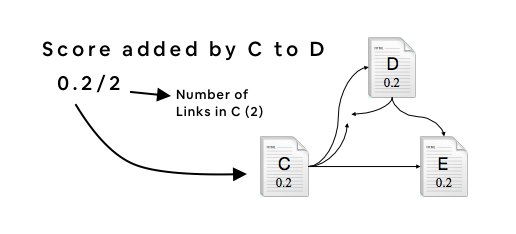
Great session by @MarcJBrooker earlier on building technology standards at Amazon scale, and some interesting tidbits about the secret sauce behind Lambda and how they make technology choices - e.g. in whether to use Rust for the stateful load balancer v2 for Lambda.
🧵
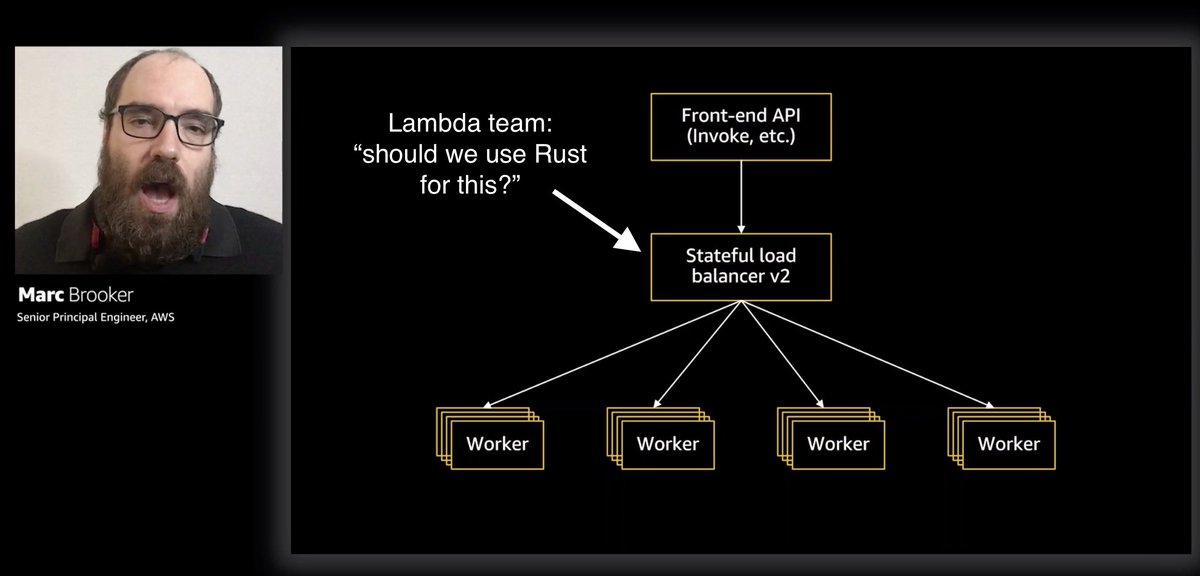

The interesting Q is how to balance technical strengths vs weaknesses that are more organizational.
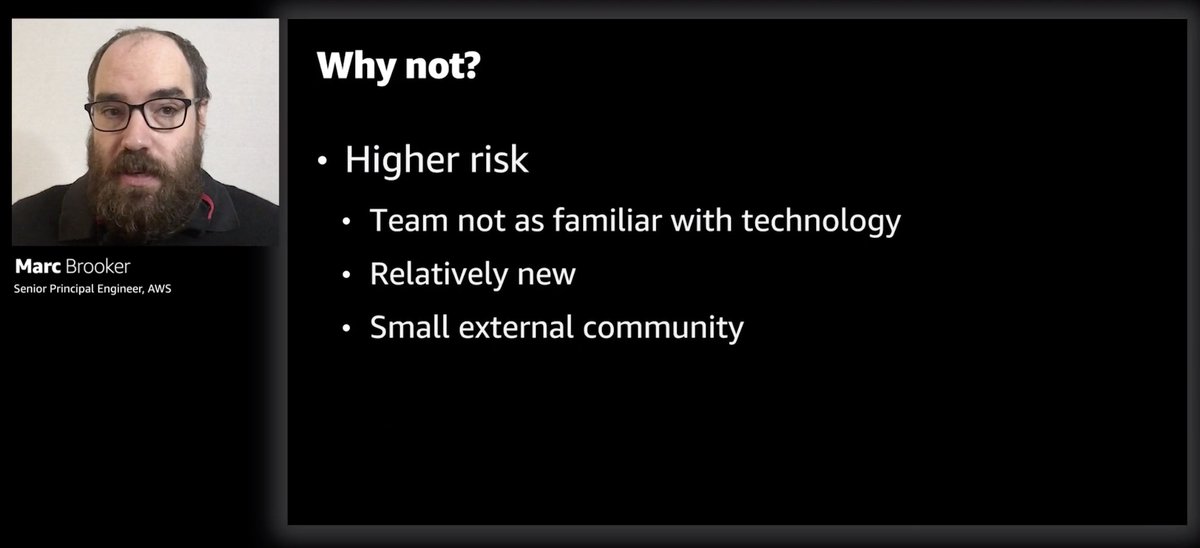
which is basically the same question that organizations all over the world have to answer when they consider adopting #serverless technologies like Lambda.
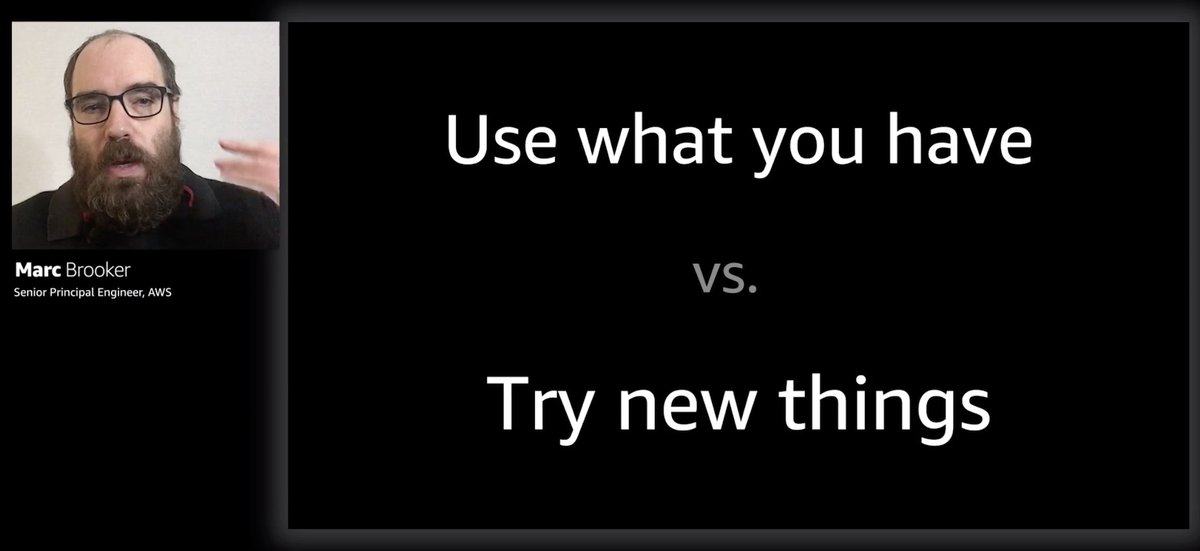
As a consultant, I often find myself being one of those guard rails for organizations that want to adopt #Serverless
(nice plug, self hi-five! ✋)
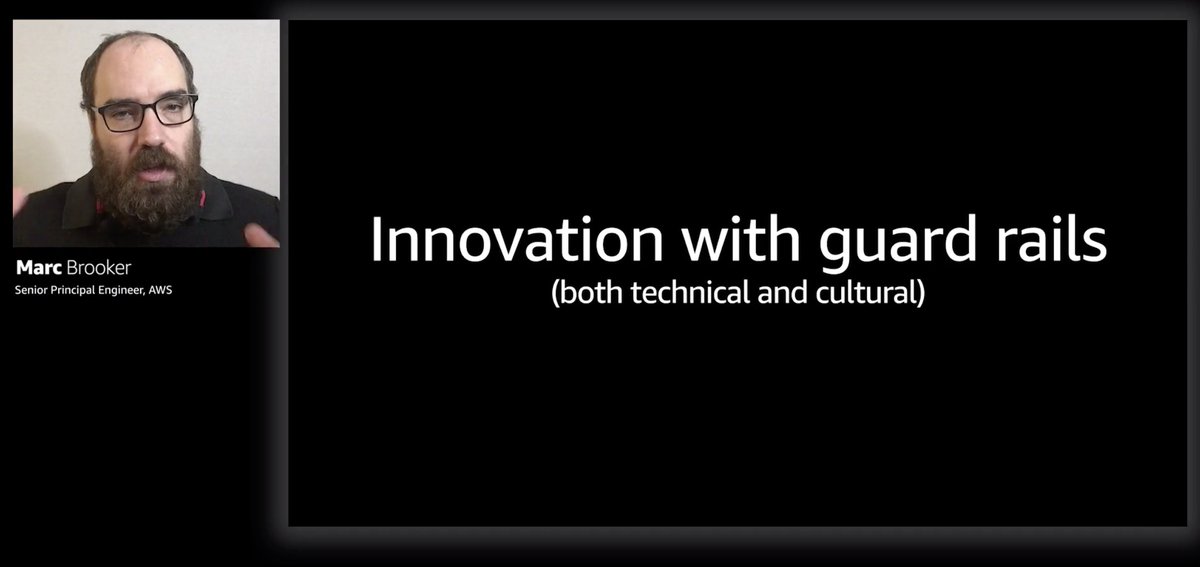
This line about avoiding baking language-specific choices into your contract and data is so important. It gives you an easier path to back out of that language choice if it turns out to be wrong.
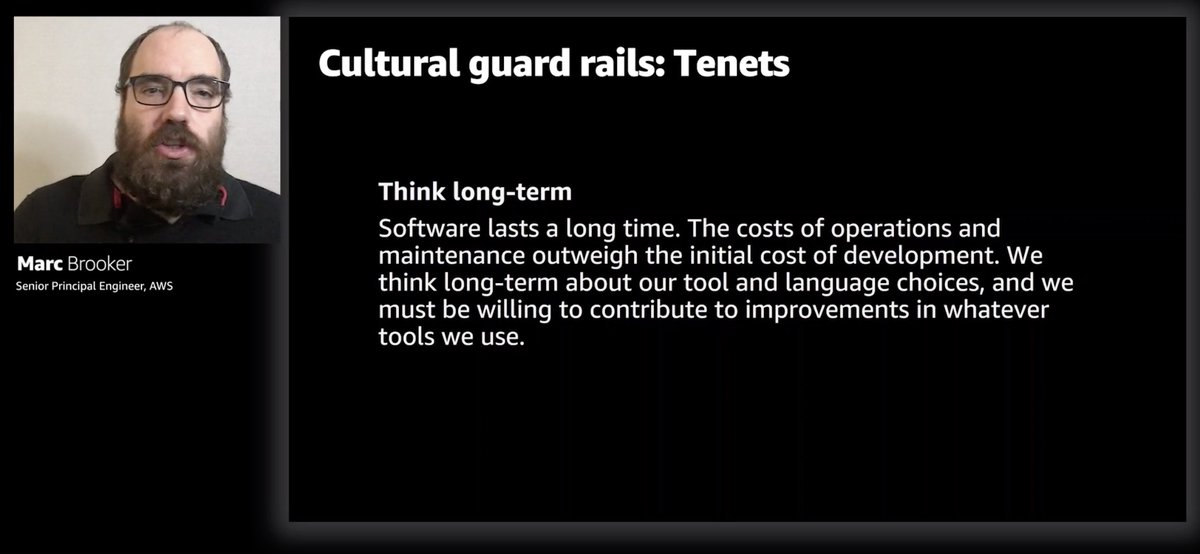
https://t.co/qBh6wgGuz1
👍👍👍
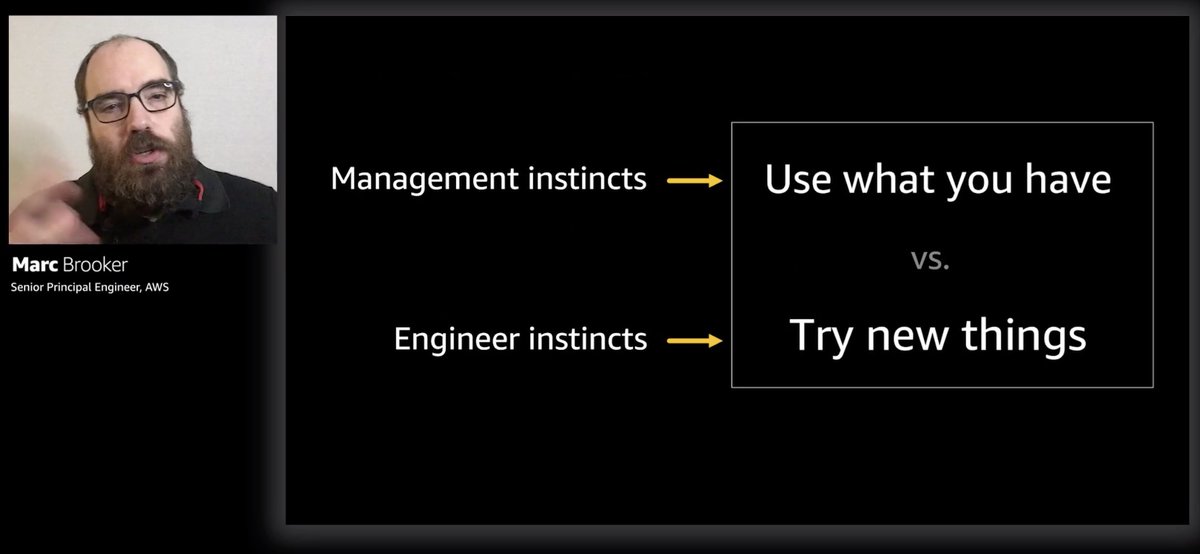
"We use standards very sparingly, only in areas where we deeply understand the context and innovation has little upside"
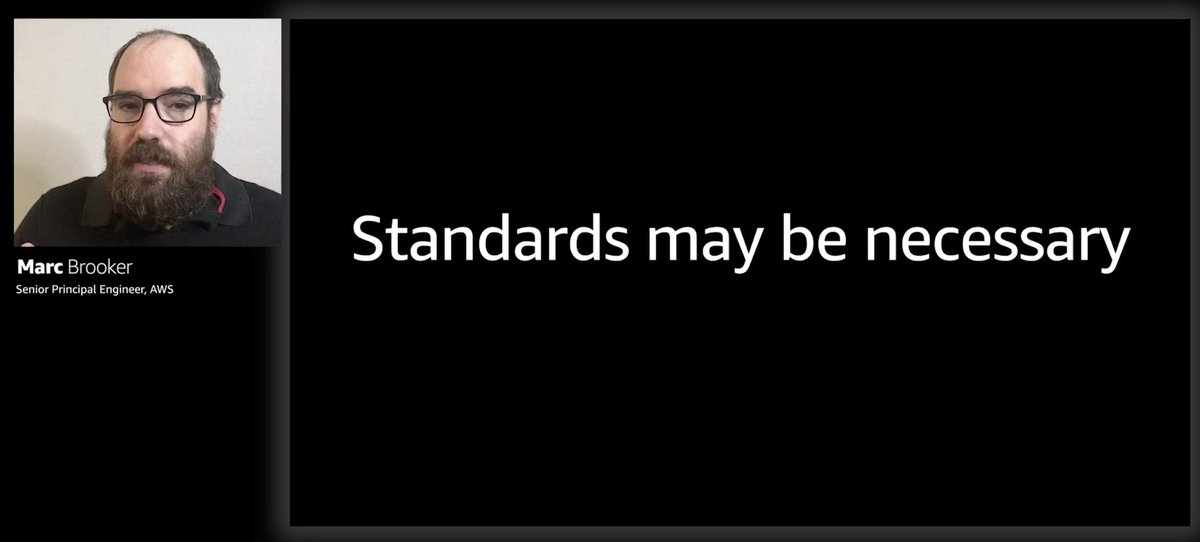
This, so much this👆
Why? because incentives drive outcomes.
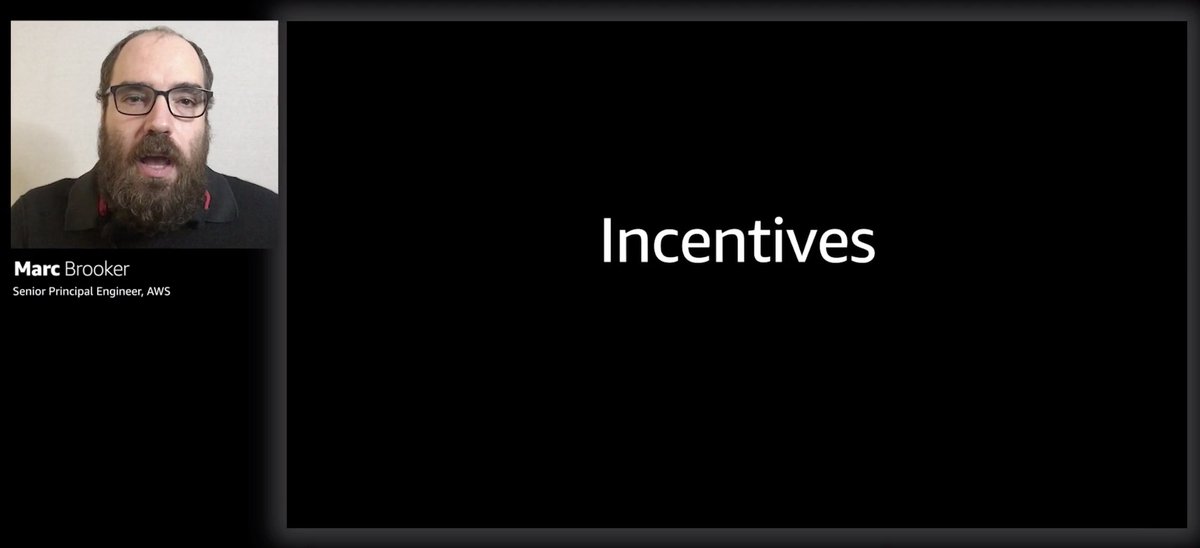
That's why the ivory tower architect is such a bad model - they make all the decisions but you're on the hook for it.
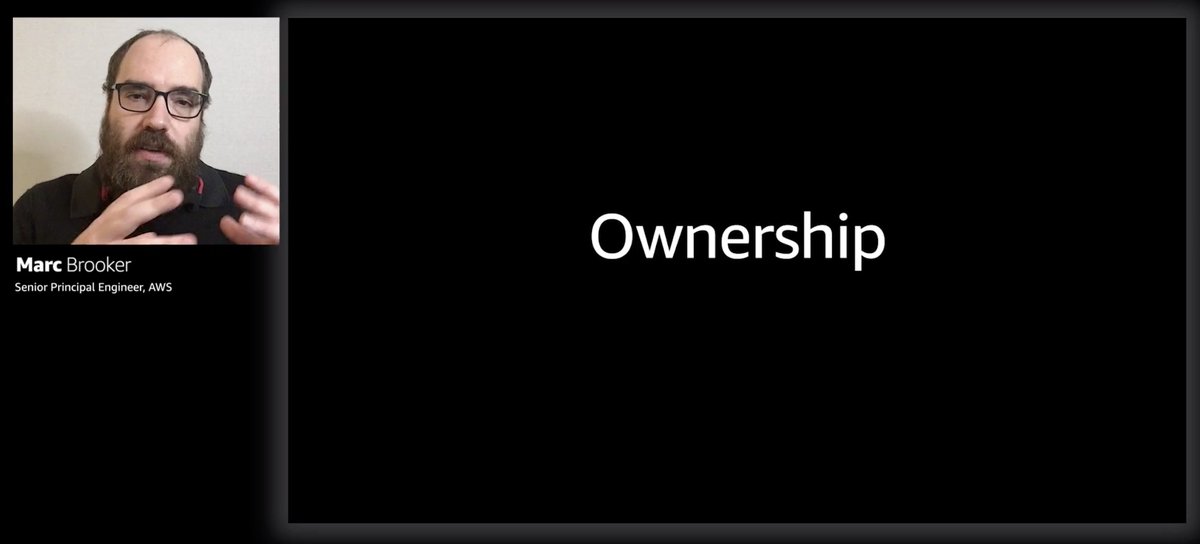
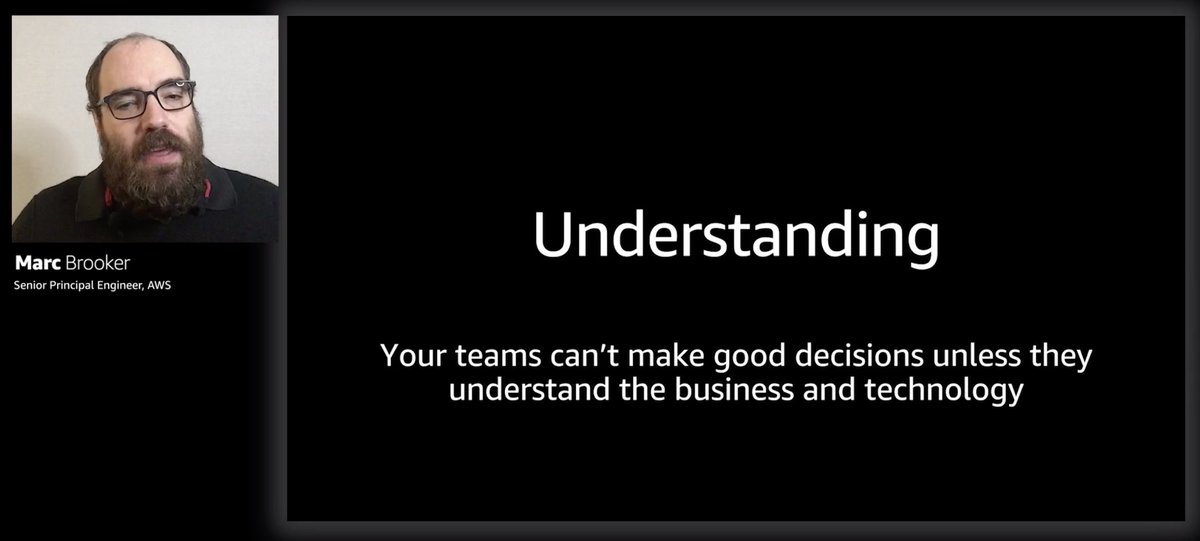
And that's how many organizations has adopted #serverless successfully, starting with one success story.
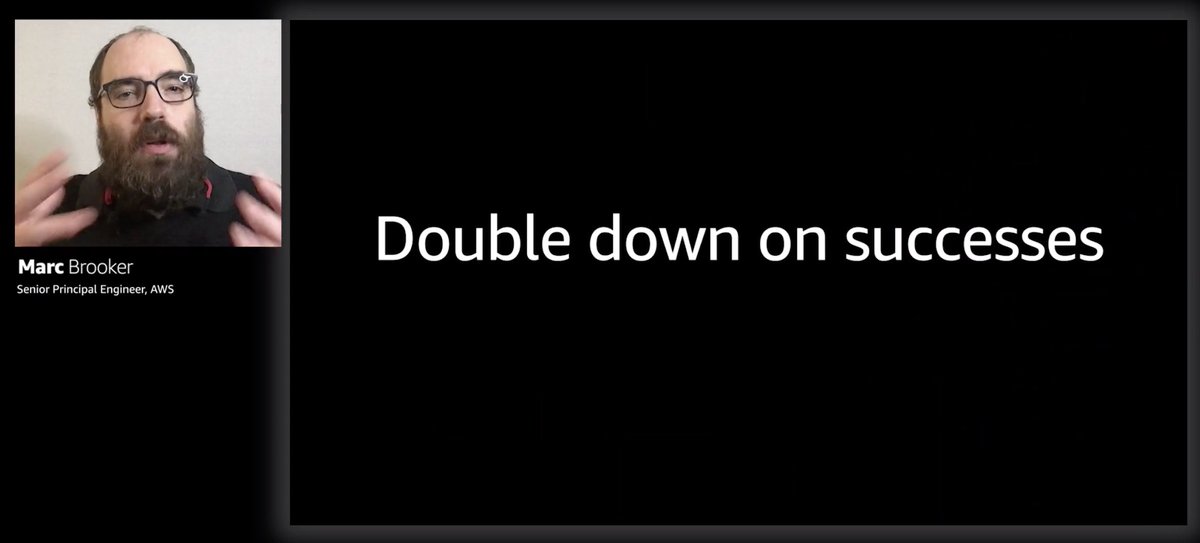
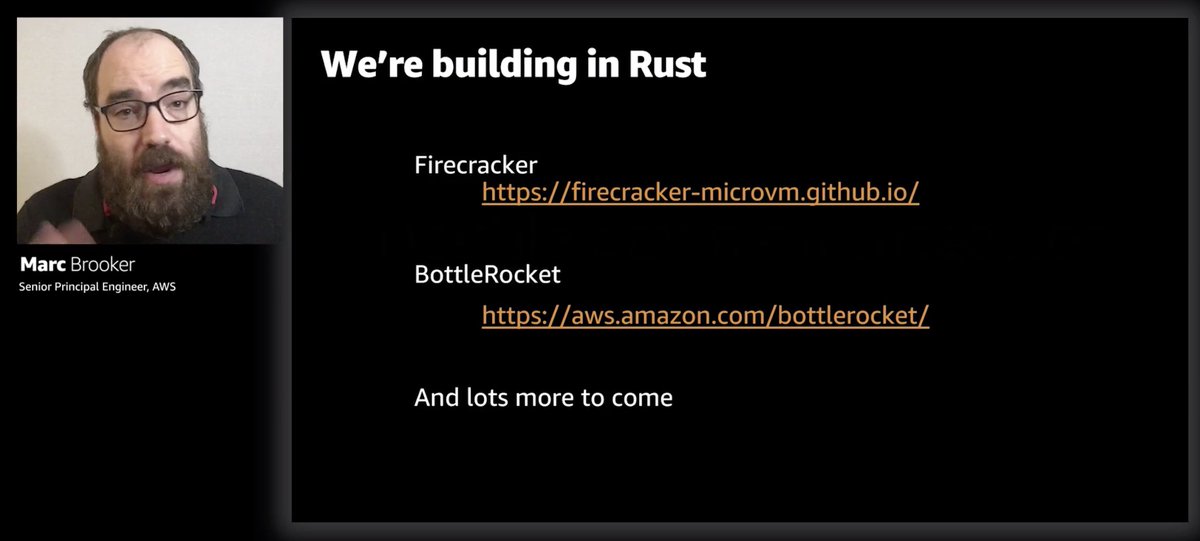
Love to see more details on how formal methods is applied here.
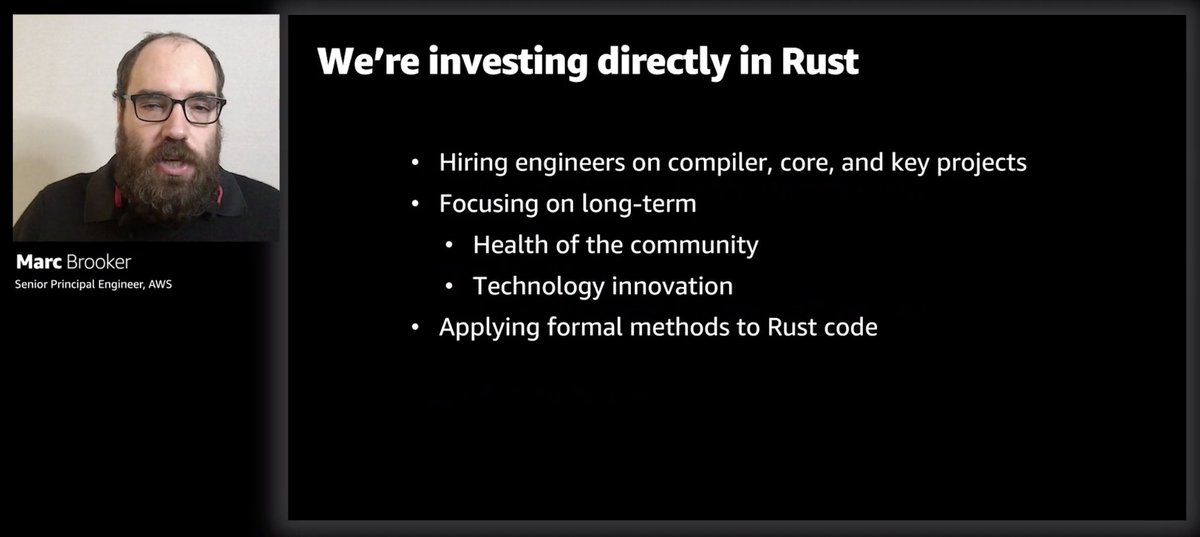
https://t.co/6p5MfXCyfR
More from Education
You May Also Like
Oh my Goodness!!!
I might have a panic attack due to excitement!!
Read this thread to the end...I just had an epiphany and my mind is blown. Actually, more than blown. More like OBLITERATED! This is the thing! This is the thing that will blow the entire thing out of the water!
Has this man been concealing his true identity?
Is this man a supposed 'dead' Seal Team Six soldier?
Witness protection to be kept safe until the right moment when all will be revealed?!
Who ELSE is alive that may have faked their death/gone into witness protection?

Were "golden tickets" inside the envelopes??

Are these "golden tickets" going to lead to their ultimate undoing?
Review crumbs on the board re: 'gold'.

#SEALTeam6 Trump re-tweeted this.

I might have a panic attack due to excitement!!
Read this thread to the end...I just had an epiphany and my mind is blown. Actually, more than blown. More like OBLITERATED! This is the thing! This is the thing that will blow the entire thing out of the water!
Tik Tok pic.twitter.com/8X3oMxvncP
— Scotty Mar10 (@Allenma15086871) December 29, 2020
Has this man been concealing his true identity?
Is this man a supposed 'dead' Seal Team Six soldier?
Witness protection to be kept safe until the right moment when all will be revealed?!
Who ELSE is alive that may have faked their death/gone into witness protection?

Were "golden tickets" inside the envelopes??

Are these "golden tickets" going to lead to their ultimate undoing?
Review crumbs on the board re: 'gold'.

#SEALTeam6 Trump re-tweeted this.


